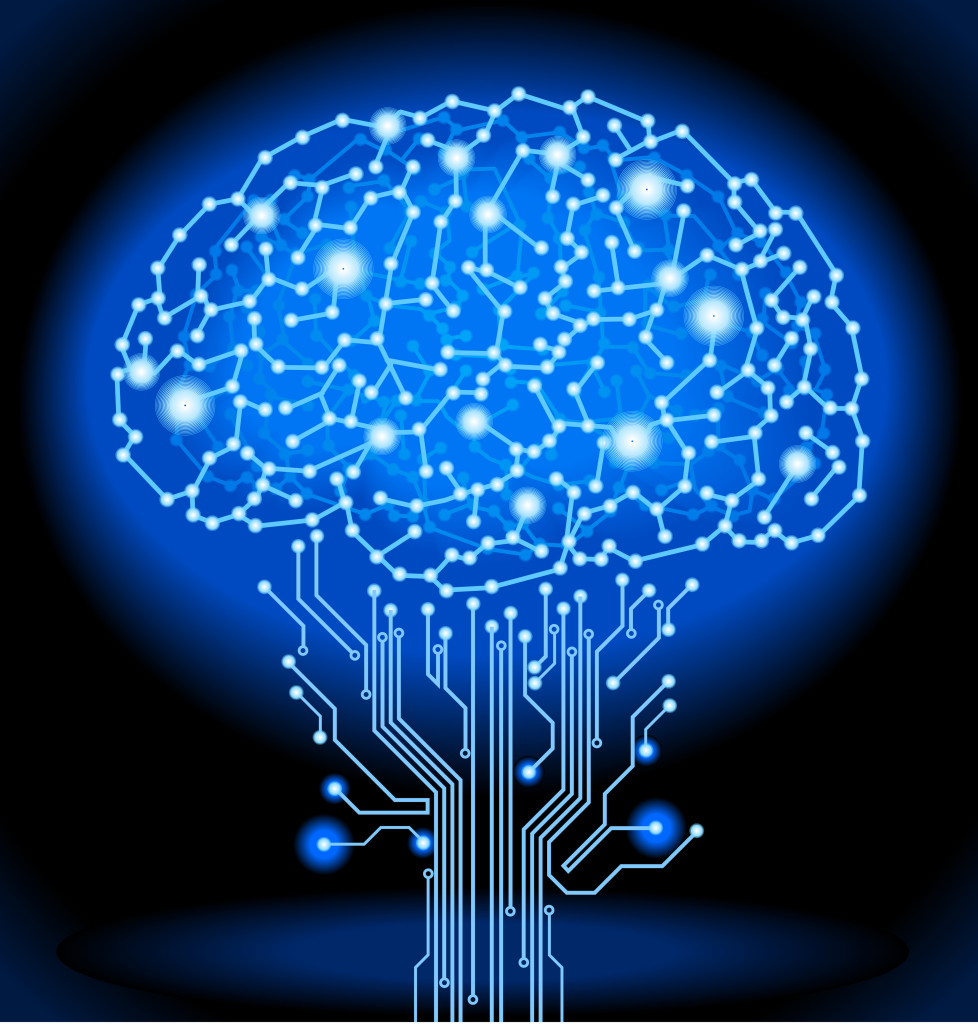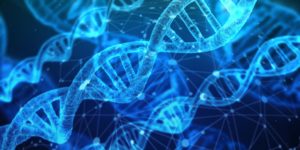- Calls to this hotline are currently being directed to Within Health or Eating Disorder Solutions
- Representatives are standing by 24/7 to help answer your questions
- All calls are confidential and HIPAA compliant
- There is no obligation or cost to call
- Eating Disorder Hope does not receive any commissions or fees dependent upon which provider you select
- Additional treatment providers are located on our directory or samhsa.gov
Practical Neurobiology for Clinicians: Eating Disorder Diagnoses & Neurology – Part V

It is only in the last 20 years that the idea of anorexia as a biologic controlled genetic mental illness has come about. For so long, treatment focused on the need for control, environment, parents, etc. that was causing these issues. It is only recently that we have begun to study the neurobiology of eating disorders.
Studies have found that more than half of this disorder is contributed genetically from the traits with which the brain is born in the first place.
We do see these traits cross-transmitted between anorexia and bulimia, probably because some of those subsets are cross transmitted such as set-shifting or ideas about weight, exercise, or body image, etc.
The truth is, there is no giant “Anorexia/Bulimia Gene.”
As such, we are always looking for smaller parts of the disorder which might control smaller brain circuits. Set-shifting, low self-esteem, or ego-syntonic vomiting are the kinds of things that you might find a stronger genetic link.
It is important to remember the saying that genetics loads the gun and environment pulls the trigger. For some, this trigger is sensitive, and the individual can have no trauma or obvious experience but develop a disorder. For others, their brains are more resistant.
One study on depression looked at serotonin, which is another big hormone for appetite and satiety. Basically, the study found that there was a long version the DOUBLE L MAJOR BRAIN that is more stress resilient and a DOUBLE SHORT S that is more stress sensitive.
As individuals go through stressful life events, if they have a resistant brain, the chance of depression goes up to about 17%. Individuals with more stress-sensitive brains that experience a stressful event have a 40% increase in experiencing depression.
Anorexia
Using this to look at risk for anorexia, as well as possible risks of self-esteem, amount of exercise, or how the brain responds to lack of calories – there will be risk factors showing that individuals will be at a higher or lower risk to these factors based on the sensitivity of their brain.
Studies are also being done on estrogen and testosterone and what these can show us. Most of the clients at my practice under the age of 12 experiencing disordered eating are boys, and those over the age of 12 are girls.
Estrogen is an important bodily hormone that changes things like serotonin, cortisol (a stress hormone), frontal planning circuits, limbic circuits, etc. This certainly leads to different risks of complex functions such as body weight changes or anxiety.
As such, puberty is a big risk or trigger for a lot my female patients. This is not only true because of those biological changes but because of environmental changes as incidences of sexual assault increase at this age.
We live in a high-stress environment that expects a lot out of kids when they are very young, whether it be intellectually, athletically, etc. Additionally, if an individual does lose weight due to an eating disorder, we live in a culture that compliments and glorifies that, possibly reinforcing a harmful behavior.
Then, we look at the state of the disorder and, with anorexia, the state is often malnutrition. It is for this reason that, after World War II, they were careful to refeed survivors from concentration camps.
These individuals were so severely malnourished and experienced resulting depression, stomach aches, headaches, preoccupation with food, and isolation. These factors alone make it difficult to improve a malnourished brain.
Malnourished brains don’t respond to therapy or medications as well. Therefore, the importance of nourishment cannot be over-emphasized. Individuals with anorexia tend to have excess limbic serotonin probably responsible for error detection, anxiety, and brain sensitivity.
Additionally, when individuals don’t eat, they don’t take in tryptophan which lowers serotonin levels and can numb their brains, making them feel a little better.
Unfortunately, this is also a finding seen in individuals that commit suicide. Don’t forget, eating disorders have the highest rate of suicide of any mental illness, even higher than depression and bipolar disorder.

This becomes a cycle that, when an individual’s brain begins to feel better, their mood worsens. As they lose weight, it may result in some relief, but, long-term, their brains don’t work better, they don’t feel better, they don’t combat depression or do well socially.
If we do our job and weight restore them, it just makes them feel bad. That is a difficult part of medicine.
My inpatient practice is a lot easier than my outpatient because I know where those individuals are, what they are doing, what they are eating, how their bowels are working – I know everything.
With outpatient, I have to trust that I didn’t push things so far they don’t come back. It is a careful balance when you’re doing something to a brain that is going to help in the long-run but makes it feel worse in the short-run.
Please See
Practical Neurobiology for Clinicians: Eating Disorder Diagnoses & Neurology – Part I
Practical Neurobiology for Clinicians: Eating Disorder Diagnoses & Neurology – Part II
Practical Neurobiology for Clinicians: Eating Disorder Diagnoses & Neurology – Part III
Practical Neurobiology for Clinicians: Eating Disorder Diagnoses & Neurology – Part IV
Source:
Virtual Presentation by Scott E. Moseman, M.D., CEDS in the December 8, 2018, Eating Disorder Hope Virtual Conference III: Blasting Through Bias: A Deep Dive into Underserved Populations and Global Issues 2018
Please visit the Virtual Conference page for other presentations.
Author:

Dr. Moseman received his medical training from Texas A&M Health Science Center and completed his adult psychiatric training at the University of Arizona. He has spoken throughout the country on topics related to child psychiatry, and he has specific interests in eating, mood and anxiety disorders. Currently, Dr. Moseman is collaborating with Kyle Simmons, Ph.D., at the Laureate Institute for Brain Research to study neural circuits associated with eating disorders using the facility’s state-of-the-art fMRI.
Dr. Moseman has sat on the board for the American Academy of Child and Adolescent Psychiatry as well as co-chaired the special interest group on child and adolescent care for the Academy for Eating Disorders. He currently sits on the board for the Oklahoma Eating Disorders Association.
Editor: Margot Rittenhouse, MS, NCC, PLPC. Learn More About Dr. Scott E. Moseman

As a freelance writer for Eating Disorder and Addiction Hope and a mentor with MentorConnect, Margot is a passionate eating disorder advocate, committed to de-stigmatizing these illnesses while showing support for those struggling through mentoring, writing, and volunteering. Margot has a Master’s of Science in Clinical Mental Health Counseling from Johns Hopkins University.
The opinions and views of our guest contributors are shared to provide a broad perspective of eating disorders. These are not necessarily the views of Eating Disorder Hope, but an effort to offer a discussion of various issues by different concerned individuals.
We at Eating Disorder Hope understand that eating disorders result from a combination of environmental and genetic factors. If you or a loved one are suffering from an eating disorder, please know that there is hope for you, and seek immediate professional help.
Published on January 25, 2019.
Reviewed & Approved on January 25, 2019, by Jacquelyn Ekern MS, LPC
Published on EatingDisorderHope.com

